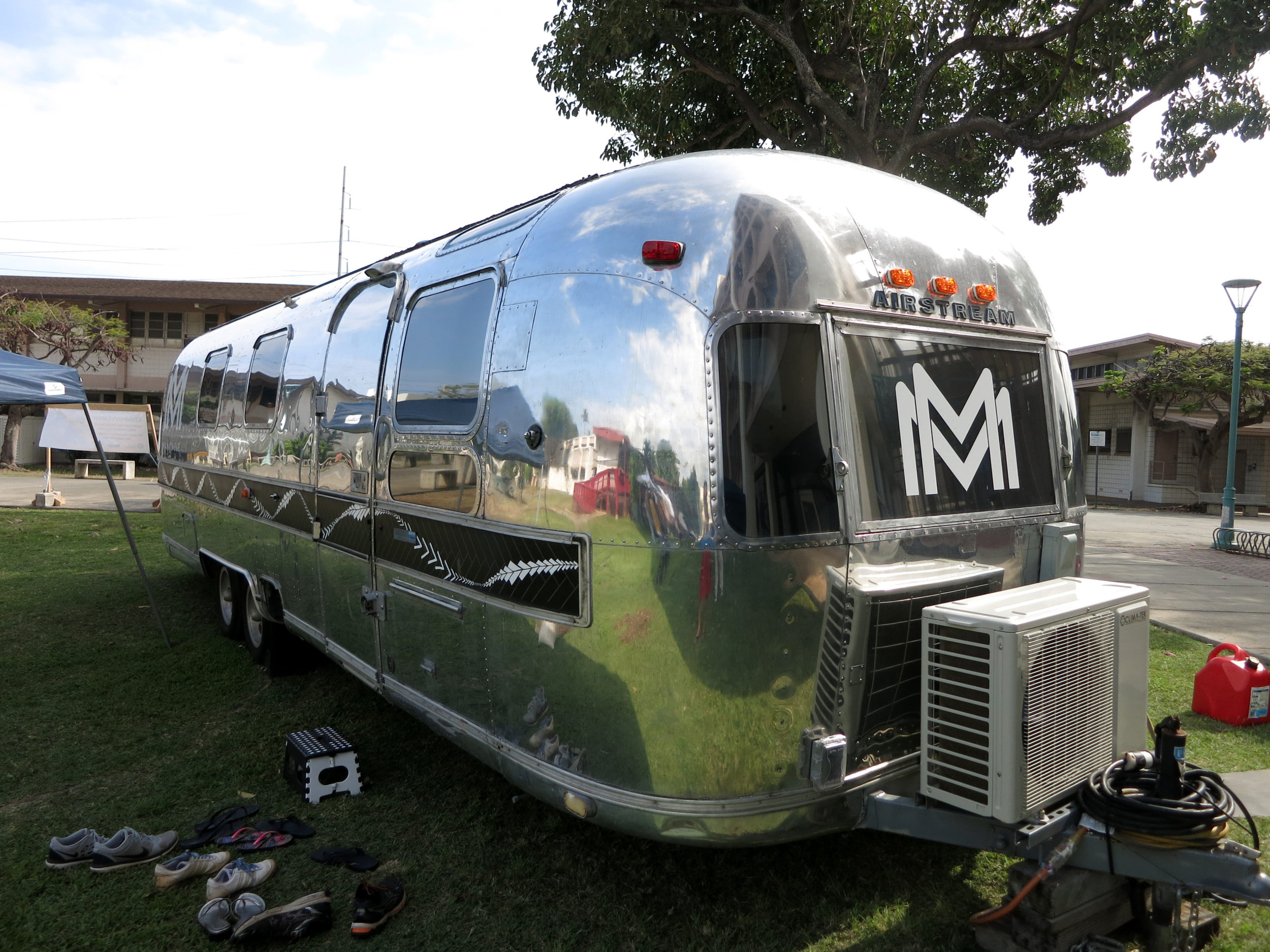Few things in the world of big machines are crafted as carefully as an Airstream travel trailer.
Tradespeople and artisans at the company’s 723,000-square-foot factory in rural Jackson Center, Ohio, crouch and stretch inside the aluminum shell of each Airstream, assembling the particulars of these portable homes by hand, much as their counterparts working in house construction would do at some residential site. The company’s attention to detail is crucial to what customers of the upscale brand are paying for in purchasing mobile luxury accommodations whose prices can approach $200,000.
So when Airstream CEO Bob Wheeler says that his company is trying to figure out ways to do more automation of some processes in the factory, you know there have got to be very good reasons. His consideration shows that even an employer well known in the area for its top-notch compensation and welcoming culture can be pressed by a current labor shortage that has no precedent in modern American business history.
Airstream, which is owned by Elkhart, Indiana-based RV giant Thor Industries, added $1 an hour to its wages in November “just to keep up with local wage pressures,” Wheeler told StrategicCIO360.com. The company also “adjusted our 401(k)s significantly, and we’re considering other and further actions in related areas to try to stay ahead of the curve. Those wages don’t go backward; the change is in just one direction.” The company also has continued offering cost-of-living adjustments to compensation.
“Generally speaking,” Wheeler said, “we’re happy to pay what’s needed to get the best people in the area, and we’ll continue to do that.”
Wheeler also may hold a trump card that could actually ease wage pressures for Airstream over the next several years, in the form of how the auto industry’s evolution into electric-vehicle manufacturing may affect American Honda Motor Co. Honda became one of the largest employers in central Ohio beginning in the early 1980s by building motorcycles and then automobiles at a factory complex in nearby Marysville, which has continued to be the Japan-based automaker’s main U.S. facility for making engines and transmissions and assembling cars.
“We compete now with those Honda [parts] plants,” Wheeler said. “As the auto industry moves to an EV-based fleet, the need for those components will decrease.”
Nevertheless, Wheeler said, Airstream has been “thinking more seriously” about automation “largely in response to local labor issues. The nature and core DNA of this brand is hand-built craftsmanship, made in the USA, and that will always be central to our product. There’s no desire or practical way to automate the assembly of the aluminum Airstream shell, for instance, and we anticipate that it will continue as it has for the indefinite future.”
But “there are some off-line operations where automation might make more sense—things that are repetitive and require high precision,” Wheeler explained. For instance, Airstream has been converting the structure of the trailer shell to use more stamped components. Previously, the ribs were bent by hand, “and there was a lot of variation,” he said, “not just from trailer to trailer, but along the length of each trailer, which required custom fitting.”
Now, he said, “in our new design, all of these ribs are stamped. They are strong, lightweight and repeated.” The good news for Airstream in this new bit of automation, Wheeler said, is that “we’ve improved the repeatability and structural strength of these components and reduced labor content in a way that benefits [dealers] and the company.”









